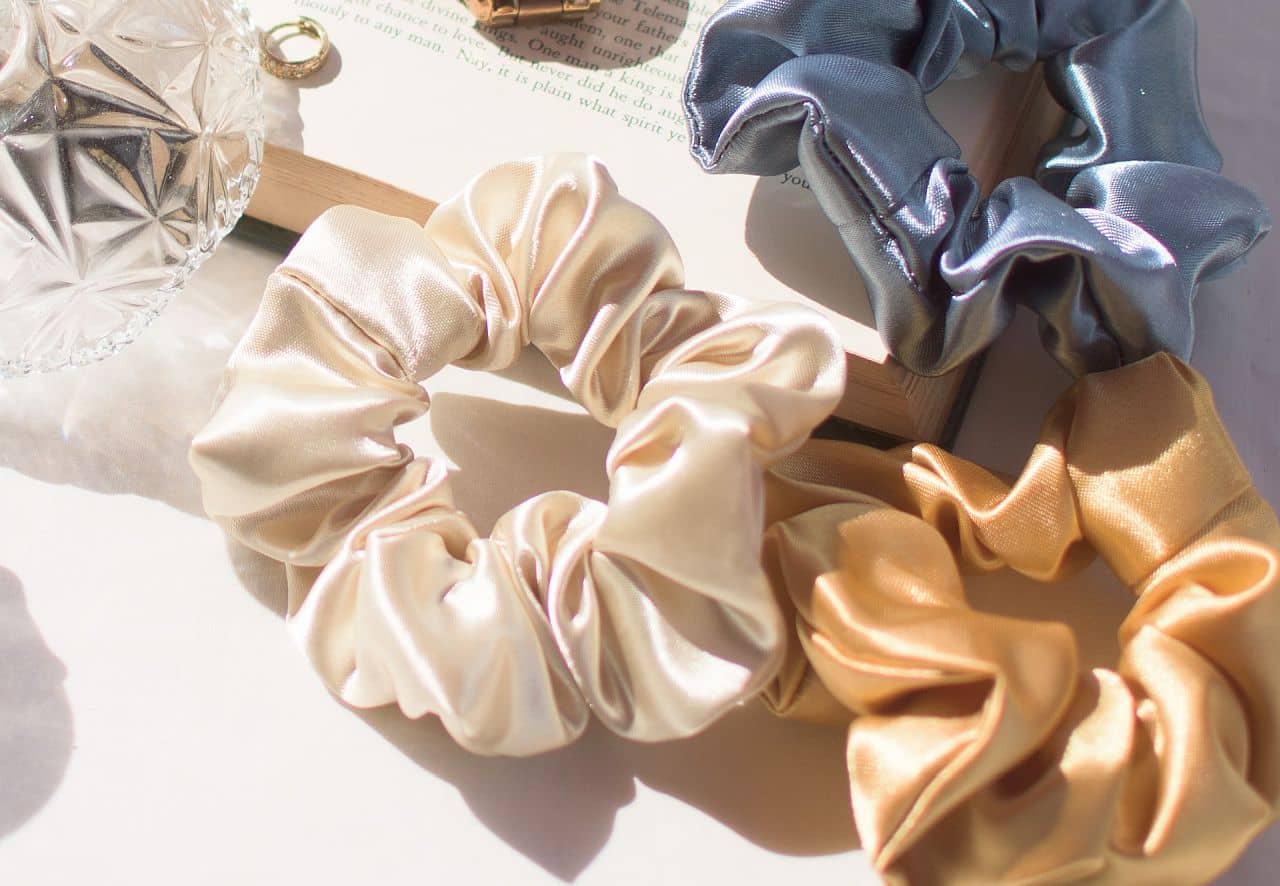5 Ways to Be Kind to Your Hair: A Trichologist's Guide

How to take care of your hair and scalp
As a professional trichologist, I see patients struggling with hair and scalp issues every day. While some hair and scalp problems relate to medical conditions or genetics, many are simply caused by our daily hair care routines. Our hair is delicate and requires proper care and attention. Here are five science-backed ways to be kind to your hair and maintain its health and vitality.
1. Nourish Your Hair from Within
Your hair is only as good as what it's made from. The quality of the hair you grow is directly affected by your nutrition. The keratin fibres forming your hair are constructed of protein, so maintaining a diet rich in protein is essential for healthy hair and scalp.
Key nutritional elements for healthy hair:
- Protein-rich foods to support keratin production
- Supplementing Vitamin B complex, especially B12 (crucial for vegans and vegetarians)
- Supplementing Vitamin D to trigger hair bulb growth through glutathione production
- Supplementing trace minerals like zinc and selenium for building cell structures within hair
2. Hydrate, Hydrate, Hydrate
Water forms the core of each hair fibre. Drinking at least 2 litres of fresh water daily makes a remarkable difference to your hair's health and flexibility.
When properly hydrated:
- Hair becomes more flexible and less prone to breakage
- Your scalp remains healthy and balanced
- Toxins are flushed from your system
- Hair fibres maintain their optimal moisture content
Remember: Moisture is all about your hair's ability to retain water. When hair fibres are damaged, water evaporates more quickly, resulting in dry, brittle strands.
3. Wash Wisely
Over-washing can strip hair of its natural oils, leaving it dry and prone to breakage. Follow these best practices for washing your hair:
- Limit hair washing to 1-2 times per week
- Use gentle, sulfate-free shampoos
- Wash with lukewarm (not hot) water
- Apply conditioner after every wash, focusing on mid-lengths to ends (towel dry hair)
- For oily hair types, keep conditioner away from the roots
- Finish with a cool rinse to seal the cuticles and add shine
- Pat hair dry gently—no vigorous rubbing!
- Look for conditioners containing PEC (Polyelectrolyte Complex) that can bind split hairs together
4. Protect from Heat Damage
Heat is one of the most damaging elements for hair health. Hair straighteners can reach temperatures up to 230°C, breaking down keratin proteins, cracking cuticles, and dehydrating the hair fibre.
Heat protection strategies:
- Lower the water temperature when washing hair
- Always use heat protectant products before blow-drying, straightening, or curling
- Choose gentle, natural hair products free from sulfates and parabens
- Look for nourishing ingredients like aloe vera, coconut oil, and argan oil
- Allow hair to air-dry whenever possible
- Use the lowest effective heat setting on styling tools
5. Handle with Care
Physical manipulation is a major source of hair damage that's often overlooked.
Gentle handling tips:
- Use a detangling spray before combing wet hair
- Start detangling from the tips, working gradually upwards toward the roots
- Use a wide-toothed comb for wet hair, never a brush
- Avoid twisting, twirling, or pulling hair tightly
- Switch to silk pillowcases to reduce friction and breakage during sleep
- Use hair scrunchies instead of elastic bands when tying hair back
- Invest in high-quality hairbrushes with smooth, rounded bristles
- Never tie hair back too tightly as this can lead to
traction alopecia
Being kind to your hair takes practice and patience, especially with today's busy lifestyles. But incorporating these five principles into your hair care routine will result in stronger, healthier, more vibrant hair that's less prone to damage and breakage.
Remember: Healthy hair growth begins with how you treat your body and continues with how you handle each precious hair strand.
"We are passionate about healthy hair"
Hair loss treatments for patients in and around London. Providing TrichoSynergy personal consultations and hair treatments.
Don't despair! Call to find out how we can help...
At TrichoSynergy we diagnose the cause and provide bespoke treatments for each of our patients.
Happy Healthy Hair Blog











